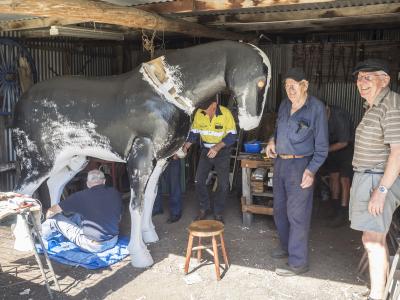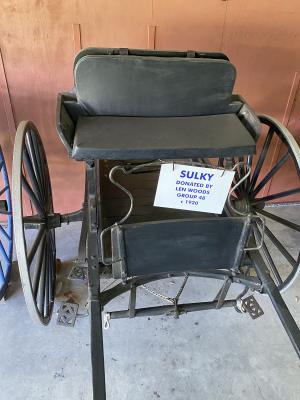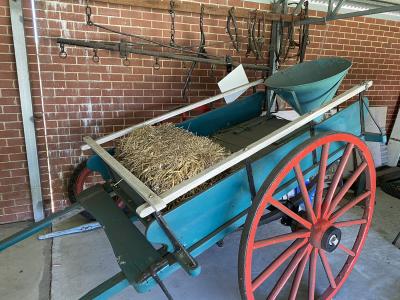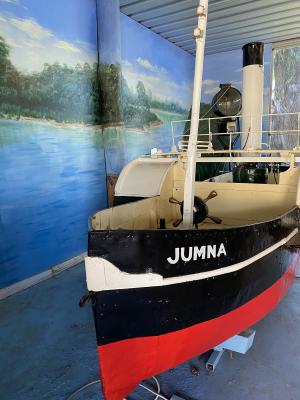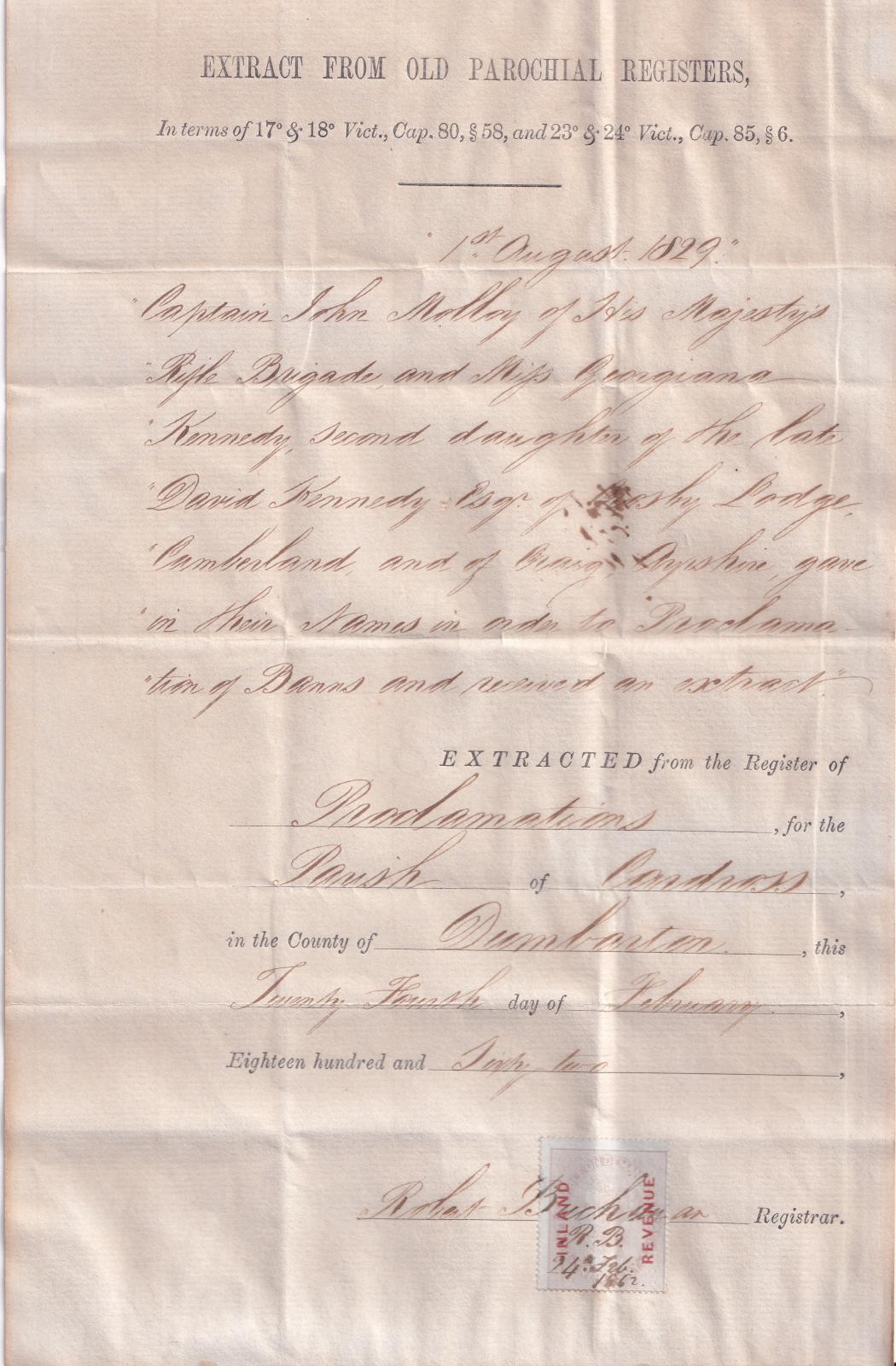Proclamation of Banns - Captain John Molloy and Georgiana Kennedy
1862Before the introduction of civil registration in 1855 Church of Scotland parish ministers and session clerks kept registers of births and baptisms, proclamations of banns and marriages, and deaths and burials.
Details
Details
Extract from old parochial registers,
In terms of 17 & 18 Vict., Cap. 80, 58, and 23 & 24 Vict., Cap. 85, 6.
1st August 1829
Captain John Molloy of His Majesty's Rifle Brigade and Miss Georgiana Kennedy, second daughter of the late David Kennedy Esq. of Crosby Lodge, Cumberland and of Craig, Ayrshire gave in their names in order to Proclimation of Banns and recieved an extract.
Extracted from the Register of Proclamtions for the Parish of Cardross in the county of Dumbarton this twenty fourth day of February Eighteen hundred and sixty two.
Robert Buchanan Registrar R.B. 24th Feb. 1862
John Molloy (1780-1867), pioneer and resident magistrate, was born on 5 September 1780 in London. His parentage is unknown, a tradition of the early days of the colony ascribing royal descent to him. As asserted by an early colonist, the Molloy from whom he took his name and his upbringing was Captain A. J. P. Molloy, R.N., a tyrannical captain dismissed from his ship for cowardice in 1795. Some colour of truth is lent to the first statement by Molloy's appearance and by the fact that he named his surroundings at Augusta by the various names and titles of Frederick, Duke of York, second son of George III. He appears to have been educated at Harrow and Oxford, where his pocket money each year was £200, and on his majority was handed a cheque for £20,000 by a firm of London solicitors, who also purchased for him a commission in the navy. However, he transferred to the army in 1807, joining the 95th Regiment as a second lieutenant. In June 1809 as a lieutenant, he left with his battalion for the Peninsular war, fighting in all the major battles, and receiving the General Service Medal with eight bars. He later fought and was seriously wounded at Waterloo. Famous diaries of the time record that he was brave and well liked by his men. From 1820 to 1824 he was stationed in Ireland during the agrarian riots.
In 1829 he decided to emigrate to the new settlement at Swan River. With his wife Georgiana and household he arrived at Fremantle in the Warrior in March 1830. In April he was made a justice of the peace and in May founded a settlement 200 miles (322 km) south of Fremantle called Augusta, where he was also resident magistrate. In 1839 he moved to the Vasse River, taking up 12,000 acres (4856 ha) and making his home at Fair Lawn in Busselton. He spent much time developing his property, but his duties as resident magistrate were harder than at Augusta because American whalers frequented Geographe Bay, and the Aboriginals were troublesome. In 1841 a treacherous murder of one of his settlers had to be avenged, which Molloy did with the help of other settlers, in the way that his military training indicated.
In 1850 he visited London, meeting the Duke of Wellington and other comrades of the Napoleonic wars; next year he was gazetted lieutenant-colonel. Western Australia had just begun the reception of convicts, and on his return he found a country convict depot installed at the Vasse, which increased his magisterial duties. In all his acts as magistrate he was equable and fair, an upright and honourable example to the district, his grand manner and distinguished appearance making him outstanding. He died on 6 October 1867. Of his surviving daughters, Sabina became the second wife of Bishop Mathew Hale, Mary married Edmund Du Cane, and Amelia married William Richardson Bunbury.
https://adb.anu.edu.au/biography/molloy-john-2468
Other items from Busselton Historical Society
- Sleeper Cutters Dray Display
- Len Woods Sulky
- Spring Cart with Super Spreader
- Doctors Buggy and Horse Display
- Charles Sutton Spring Cart
- Lister Electric Comb and Cutter Grinder
- Scale Model - Paddle Steamer "Jumna"
- Horse Drawn Tip Dray
- Fancy blue Sulky
- Simac No 2 Water Pump
- Post and Rail Fence
- Ice Cream Cake Tin - Peters
